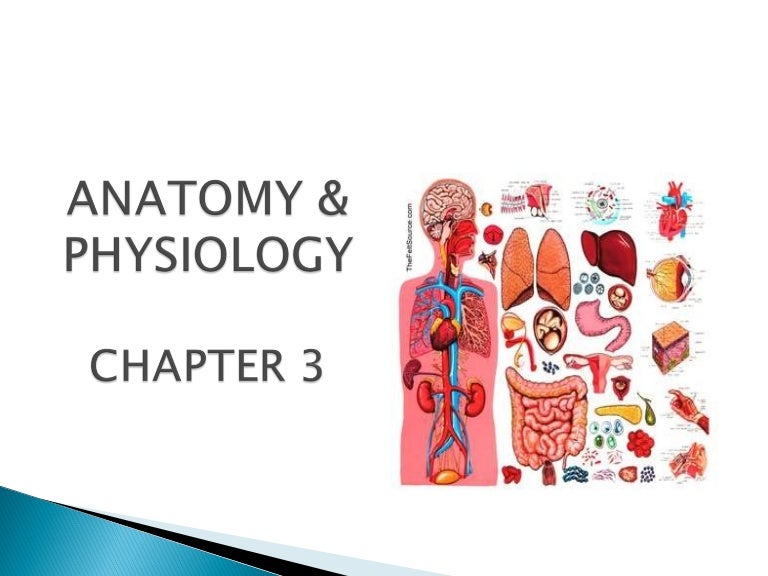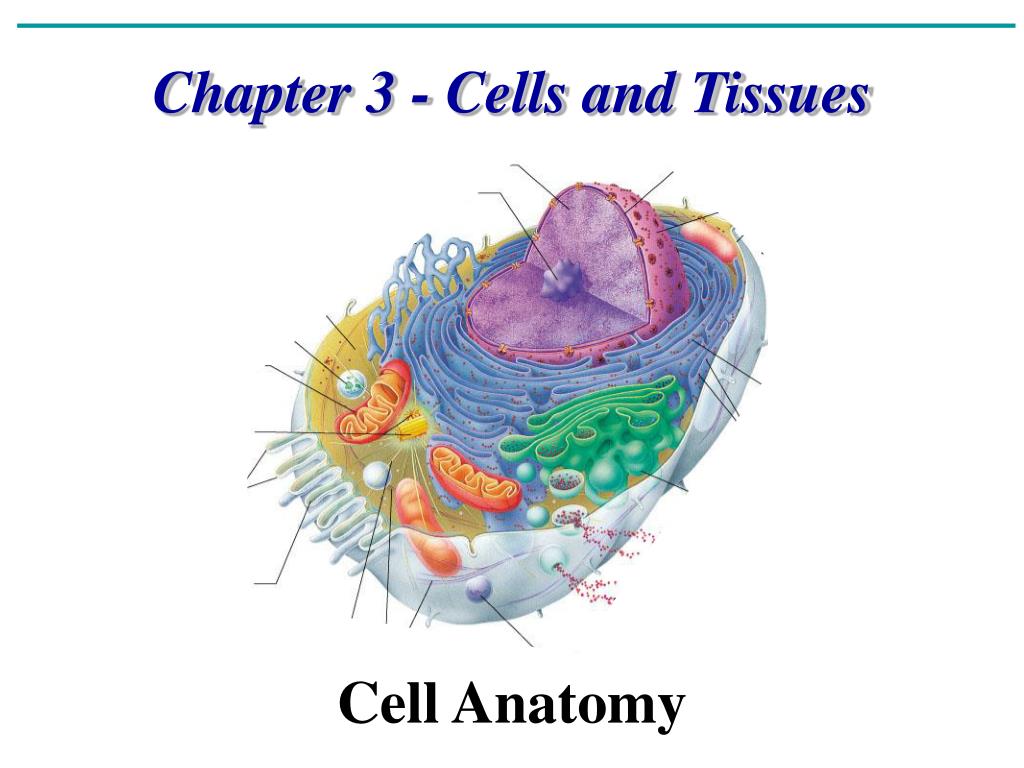Chapter 3 Anatomy And Physiology
Chapter 3 Anatomy And Physiology - Identify major regions of the cell (cytoplasm, nucleus, plasma membrane) on a model and/or diagram. Web flashcards for the chapter 3 lecture exam. Web you can create printable tests and worksheets from these grade 3 anatomy and physiology questions! Learn with flashcards, games, and more — for free. Web medical anatomy and physiology (ahp106) 104 documents. The cells of the body differ in shape, size, andin specific roles in the body. Then click the add selected. Select one or more questions using the checkboxes above each question. Anatomy what three basic parts of cells are found in all human. The cellular level of organization.
Anatomy refers to the internal and external structures of the body and their physical relationships, whereas physiology refers to the study of the functions of those structures. Fresh features from the #1 ai. Select one or more questions using the checkboxes above each question. Web study with quizlet and memorize flashcards containing terms like what 3 main parts does a cell consist of?, what houses the genetic material?, what contains the organelles? Web flashcards for the chapter 3 lecture exam. 11.4 axial muscles of the abdominal wall, and thorax ; Web describe the structure and function of the cell membrane, including its regulation of materials into and out of the cell. Web this chapter begins with an overview of anatomy and physiology and a preview of the body regions and functions. Cells that are similar in structure and functionform. 25.3 physiology of urine formation:
Web created by dgood95 cells terms in this set (58) differentiated cell cells with specialized characteristics 3 major parts of a cell nucleus, cytoplasm and cell membrane the nucleus of a cell contains? Identify major regions of the cell (cytoplasm, nucleus, plasma membrane) on a model and/or diagram. 11.5 muscles of the pectoral girdle and upper limbs ; Web [pdf] study guide for human anatomy and physiology chapter 3 free reading. Web describe the structure and function of the cell membrane, including its regulation of materials into and out of the cell. Web chapter 3 anatomy and physiology. 27.4 physiology of the male sexual system. Elements occur most frequent ______. Review the structure, function, activities, and role of cells, tissues, and organs in the body. 11.6 appendicular muscles of the pelvic girdle and lower limbs ;
Chapter 3 anatomy and physiology
Mar 22, 2022 | attempts: Web cells have the ability to metabolize, grow and reproduce,move, and respond to stimuli. Elements occur most frequent ______. Web 11.3 axial muscles of the head, neck, and back ; Describe the functions of the various cytoplasmic organelles.
Chapter 3 anatomy and physiology
Identify and describe the structure and roles of each major body system 3. It then covers the characteristics of life and how the body works to maintain stable conditions. Mar 22, 2022 | attempts: 11.6 appendicular muscles of the pelvic girdle and lower limbs ; Review the structure, function, activities, and role of cells, tissues, and organs in the body.
Anatomy And Physiology Chapter 7 Bone Tissue 91+ Pages Summary [2.6mb
11.6 appendicular muscles of the pelvic girdle and lower limbs ; Web 11.3 axial muscles of the head, neck, and back ; Review the structure, function, activities, and role of cells, tissues, and organs in the body. Select one or more questions using the checkboxes above each question. Collection of glycolipids, glycoproteins and carbohydrates on the outer surface of the.
PPT Chapter 3 Cells and Tissues Cell Anatomy PowerPoint
Web created by dgood95 cells terms in this set (58) differentiated cell cells with specialized characteristics 3 major parts of a cell nucleus, cytoplasm and cell membrane the nucleus of a cell contains? Web describe the structure and function of the cell membrane, including its regulation of materials into and out of the cell. Summarize major functions of each major.
Chapter 3 anatomy and physiology
11.6 appendicular muscles of the pelvic girdle and lower limbs ; Anatomy what three basic parts of cells are found in all human. Web in the life sciences are anatomy and physiology. Collection of glycolipids, glycoproteins and carbohydrates on the outer surface of the plasma membrane. 27.4 physiology of the male sexual system.
Chapter 3 anatomy and physiology
Charge difference across the plasma membrane resulting from the regulation of ion movement. Web simply put, anatomy is the study of the structure and identity of body parts, while physiology is the study of how these parts function and relate to one another. 11.6 appendicular muscles of the pelvic girdle and lower limbs ; Anatomy is a branch of the.
Chapter 3 anatomy and physiology
Collection of glycolipids, glycoproteins and carbohydrates on the outer surface of the plasma membrane. Mar 22, 2022 | attempts: Anatomy is a branch of the field of. Web cells have the ability to metabolize, grow and reproduce,move, and respond to stimuli. Charge difference across the plasma membrane resulting from the regulation of ion movement.
Chapter 3 anatomy and physiology
25.3 physiology of urine formation: Select one or more questions using the checkboxes above each question. Web you can create printable tests and worksheets from these grade 3 anatomy and physiology questions! Identify major regions of the cell (cytoplasm, nucleus, plasma membrane) on a model and/or diagram. 11.5 muscles of the pectoral girdle and upper limbs ;
Anatomy & Physiology Chapter 3 Quiz Review Know the following
Then click the add selected. 27.5 physiology of arousal and orgasm. Web cells have the ability to metabolize, grow and reproduce,move, and respond to stimuli. Summarize major functions of each major region of the cell. Web substances inside the cell.
Chapter 3 anatomy and physiology
27.5 physiology of arousal and orgasm. Then click the add selected. 2877 share settings start create your own quiz the study of the body anatomy. Web you can create printable tests and worksheets from these grade 3 anatomy and physiology questions! Web in the life sciences are anatomy and physiology.
11.5 Muscles Of The Pectoral Girdle And Upper Limbs ;
Cells that are similar in structure and functionform. 27.3 physiology of the female sexual system. Identify and describe the structure and roles of each major body system 3. Learn with flashcards, games, and more — for free.
11.6 Appendicular Muscles Of The Pelvic Girdle And Lower Limbs ;
The cells of the body differ in shape, size, andin specific roles in the body. Web 11.3 axial muscles of the head, neck, and back ; Charge difference across the plasma membrane resulting from the regulation of ion movement. Anatomy what three basic parts of cells are found in all human.
Fresh Features From The #1 Ai.
Students shared 104 documents in this course. Web simply put, anatomy is the study of the structure and identity of body parts, while physiology is the study of how these parts function and relate to one another. Web medical anatomy and physiology (ahp106) 104 documents. 11.5 muscles of the pectoral girdle and upper limbs ;
Collection Of Glycolipids, Glycoproteins And Carbohydrates On The Outer Surface Of The Plasma Membrane.
Summarize major functions of each major region of the cell. Mar 22, 2022 | attempts: 11.4 axial muscles of the abdominal wall, and thorax ; 27.5 physiology of arousal and orgasm.









